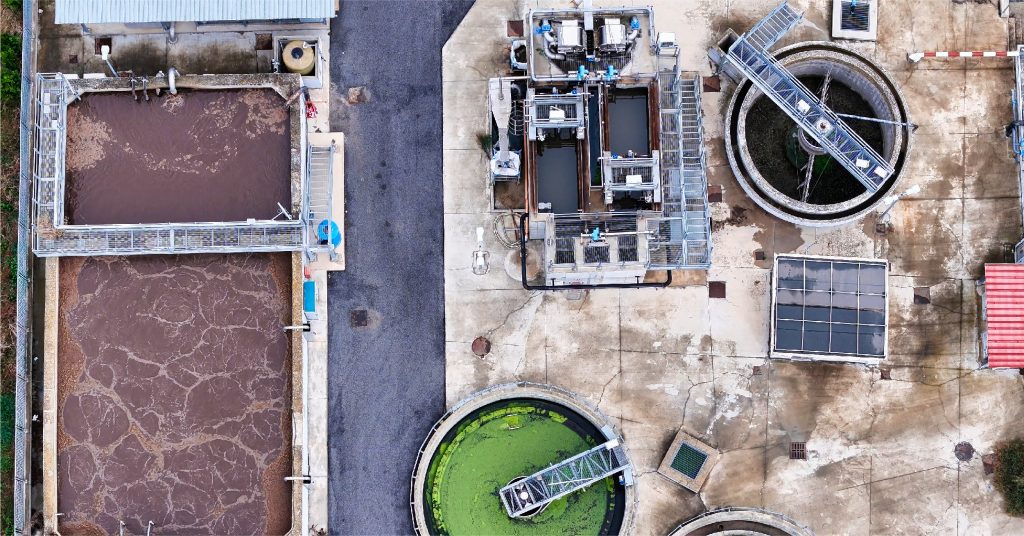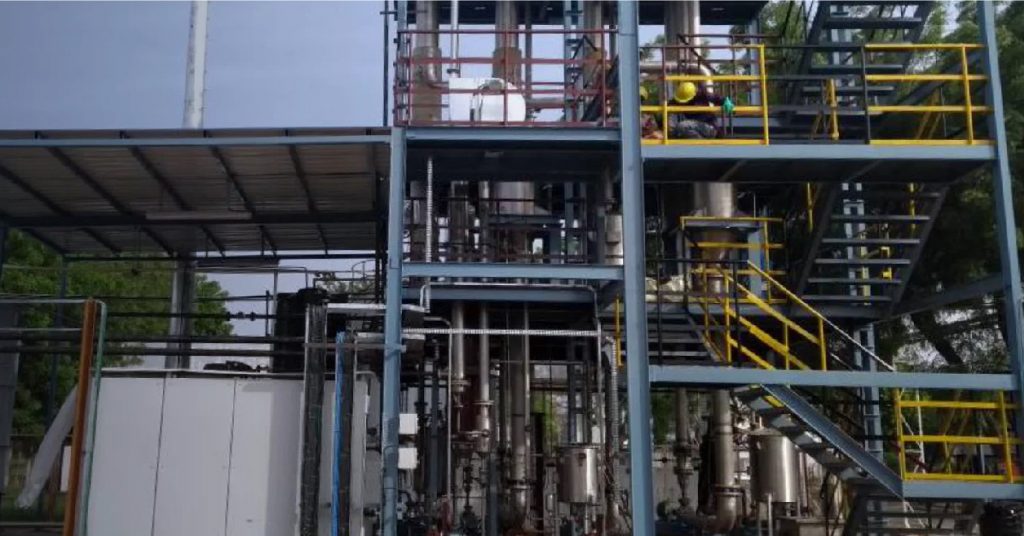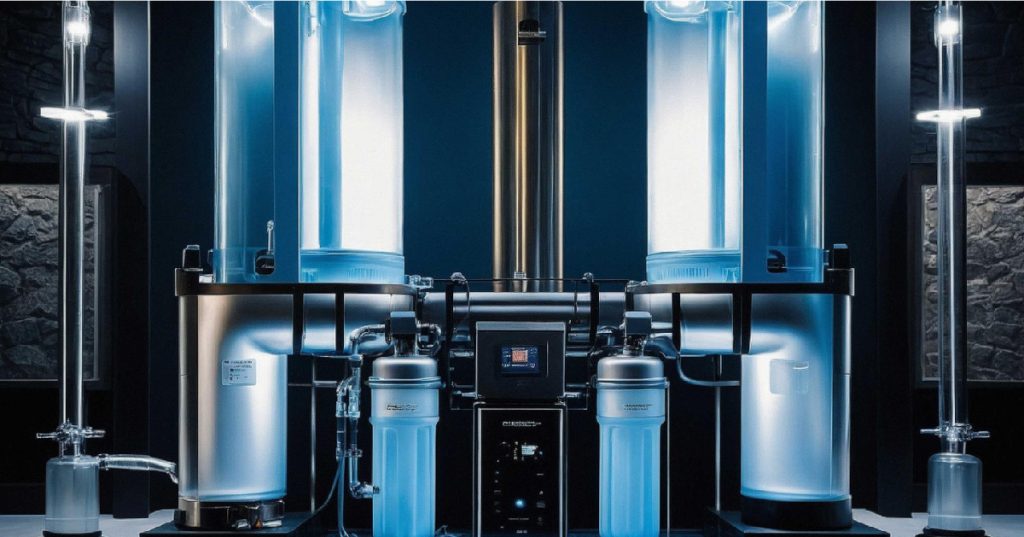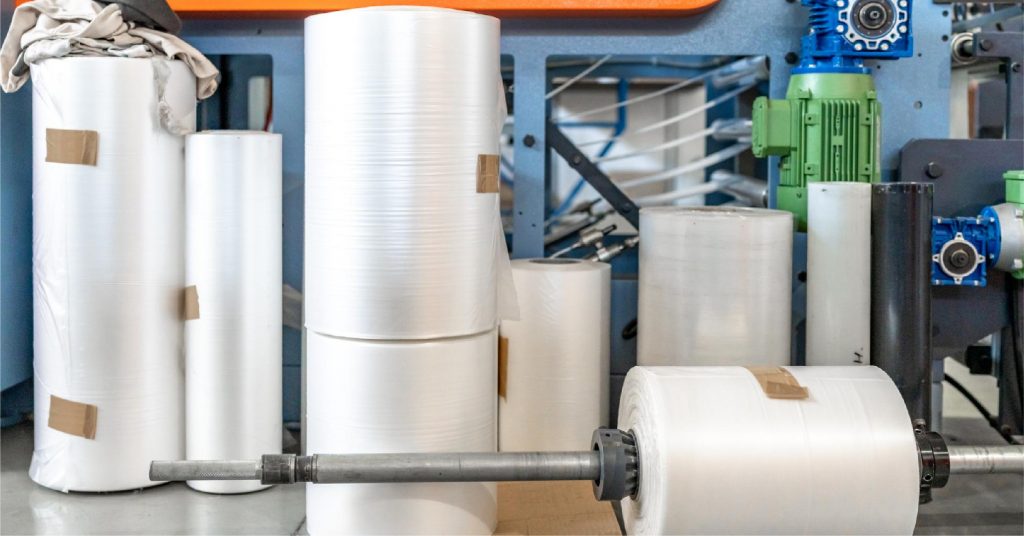Water scarcity is one of the most pressing challenges faced by South Africa, and industrial activities play a significant role in the depletion and pollution of water resources. Effective industrial wastewater treatment is critical not only for compliance with environmental regulations but also for conserving water and promoting sustainability. With advancements in technology, industries in South Africa now have access to innovative solutions that optimize the industrial water treatment process and enhance the reuse and recycling of water.
This blog explores the latest innovations in industrial wastewater treatment technologies, highlighting the role of industrial water treatment chemicals, advanced industrial water treatment systems, and the evolving treatment processes that are transforming the way industries manage water resources.
Table of Contents
ToggleThe Importance of Industrial Wastewater Treatment
The treatment of industrial wastewater is essential for mitigating environmental impact, protecting ecosystems, and complying with South Africa’s stringent water quality standards. Industrial wastewater typically contains a variety of pollutants, including heavy metals, organic compounds, and toxic chemicals, which can harm aquatic life and disrupt natural water systems.
Innovations in industrial water treatment processes enable industries to remove these contaminants efficiently, reducing their environmental footprint while ensuring water can be safely discharged or reused.
Key Innovations in Industrial Wastewater Treatment Technologies
- Membrane Filtration Technologies
Membrane filtration has emerged as one of the most effective methods for industrial wastewater treatment. Technologies such as reverse osmosis (RO), ultrafiltration (UF), and nanofiltration (NF) are used to separate contaminants from water with high precision. These systems are highly effective in removing dissolved solids, organic matter, and even bacteria and viruses. - Advanced Oxidation Processes (AOPs)
AOPs are cutting-edge technologies that use powerful oxidants like ozone, hydrogen peroxide, and UV light to break down complex organic pollutants in industrial wastewater. These processes are especially effective for treating recalcitrant chemicals that are difficult to degrade using conventional methods. - Biological Treatment Systems
Biological treatment remains a cornerstone in the treatment of industrial wastewater, with advancements focusing on anaerobic and aerobic processes. Modern systems use engineered microorganisms to degrade pollutants more efficiently, reducing sludge generation and energy consumption. - Zero Liquid Discharge (ZLD) Systems
Zero Liquid Discharge is an innovative approach to industrial wastewater treatment that aims to recover and reuse every drop of water, leaving no liquid waste for disposal. ZLD systems integrate technologies such as evaporation, crystallization, and membrane filtration to achieve complete water recycling. - Smart Monitoring and Automation
Advances in digital technology have revolutionized industrial water treatment systems by enabling real-time monitoring and automation. Smart sensors, Internet of Things (IoT) devices, and data analytics allow industries to track water quality parameters, optimize chemical dosing, and detect issues early.
- Innovative Industrial Water Treatment Chemicals
Industrial water treatment chemicals play a pivotal role in optimizing treatment processes. Innovations in chemical formulations have led to the development of eco-friendly and highly effective chemicals for coagulation, flocculation, and disinfection.
Benefits of Advanced Industrial Wastewater Treatment
Adopting innovative technologies and processes for the treatment of industrial wastewater offers several benefits:
- Improved Water Quality: Advanced treatment methods ensure the removal of even the most challenging contaminants, delivering high-purity water.
- Resource Conservation: Technologies like ZLD and membrane filtration promote water reuse, reducing the demand for freshwater resources.
- Regulatory Compliance: Cutting-edge systems help industries meet South Africa’s stringent wastewater discharge regulations.
- Cost Efficiency: By reducing water consumption and minimizing waste, industries can lower operational costs.
- Environmental Sustainability: Eco-friendly industrial water treatment chemicals and processes reduce the environmental impact of industrial activities.
Ion Exchange: Sustainable Waste Management with INDION Resins
Ion Exchange offers a comprehensive range of ion exchange resins that have become the preferred choice across diverse industries. As a pioneer in resin production in India, Ion Exchange established the country’s first resin manufacturing facility in Ankleshwar, Gujarat, which remains one of the largest and most advanced resin manufacturing plants. It was also the first plant in India to be certified with ISO 9001 and 14001, showcasing its commitment to quality and environmental standards.
The pharmaceutical-grade resin facility is both USFDA compliant and WHO-GMP certified, ensuring the highest standards for health and safety. The INDION series of ion exchange resins include a variety of Gaussian and uniform particle-size beads available in both dry and moist forms. These resins, with customizable surface area, porosity, and matrix, cater to a wide range of applications in industries such as pharmaceuticals, food and beverage, nuclear, chemical, biodiesel, hydrometallurgy, and sugar processing, offering optimal solutions for water and non-water treatment needs.
RANGE OF INDION RESINS: WATER-BASED RESINS
RANGE OF INDION RESINS: NON-WATER-BASED RESINS
- Catalyst Grade Resins
- Adsorbent Grade Resins
- Chemical & Special Process Resins
- Pharma Grade Resins
- Nuclear Grade Resins
- Hydrometallurgy Resins
- Food & Beverage Grade Resins
- Sugar Refining Resins
- Resins for Biodiesel
The Future of Industrial Wastewater Treatment in South Africa
As water scarcity continues to be a pressing issue, the demand for innovative industrial wastewater treatment technologies is expected to grow. Emerging trends such as green chemistry, decentralized treatment systems, and AI-driven solutions will further enhance the efficiency and sustainability of industrial water treatment processes.
Industries in South Africa are also increasingly collaborating with experts to develop integrated water management strategies that align with national water conservation goals.
Conclusion
Innovations in industrial wastewater treatment technologies are transforming the way industries in South Africa manage their water resources. From advanced membrane systems and biological processes to eco-friendly industrial water treatment chemicals and smart automation, these solutions are paving the way for a more sustainable future.
By adopting these innovations, industries can improve water quality, conserve resources, and meet regulatory standards while reducing their environmental footprint.
Connect with Ion Exchange experts to learn more about advanced industrial water treatment systems.





